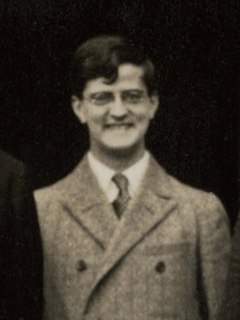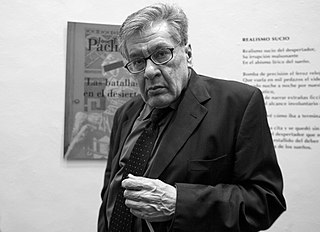A Quote by Simon Schama
History gives you insight of the same quality of truth as poetry or philosophy or a novel.
Related Quotes
The point is, that the function of the novel seems to be changing; it has become an outpost of journalism; we read novels for information about areas of life we don't know - Nigeria, South Africa, the American army, a coal-mining village, coteries in Chelsea, etc. We read to find out what is going on. One novel in five hundred or a thousand has the quality a novel should have to make it a novel - the quality of philosophy.
The sublime can only be found in the great subjects. Poetry, history and philosophy all have the same object, and a very great object-Man and Nature. Philosophy describes and depicts Nature. Poetry paints and embellishes it. It also paints men, it aggrandizes them, it exaggerates them, it creates heroes and gods. History only depicts man, and paints him such as he is.
I fully agree with you about the significance and educational value of as well as history and philosophy of science. So many people today - and even professional - seem to me like someone who has seen thousands of trees but has never seen a forest. A knowledge of the historic and philosophical background gives that kind of independence from prejudices of his generation from which most scientists are suffering. This independence created by philosophical insight is - in my opinion - the mark of distinction between a mere artisan or specialist and a real seeker after truth.
How our story has been divided up among the truth-telling professions! Religion, philosophy, history, poetry, compete with each other for our ears; and science competes with all together. And for each we have a different set of ears. But, though we hear much, what we are told is as nothing: none of it gives us ourselves, rather each story-kind steals us to make its reality of us.
Whatever is felt upon the page without being specifically named there - that, one might say, is created. It is the inexplicable presence of the thing not named, of the overtone divined by the ear but not heard by it, the verbal mood, the emotional aura of the fact or the thing or the deed, that gives high quality to the novel or the drama, as well as to poetry itself.
The field of the novel is very rich. If you're a composer, you're well aware of the history of composition, and you are trying to make your music part of that history. You're not ahistorical. In the same way, I think, if you write now, you are writing in the historical context of what the novel has been and what possibilities it has revealed.







































